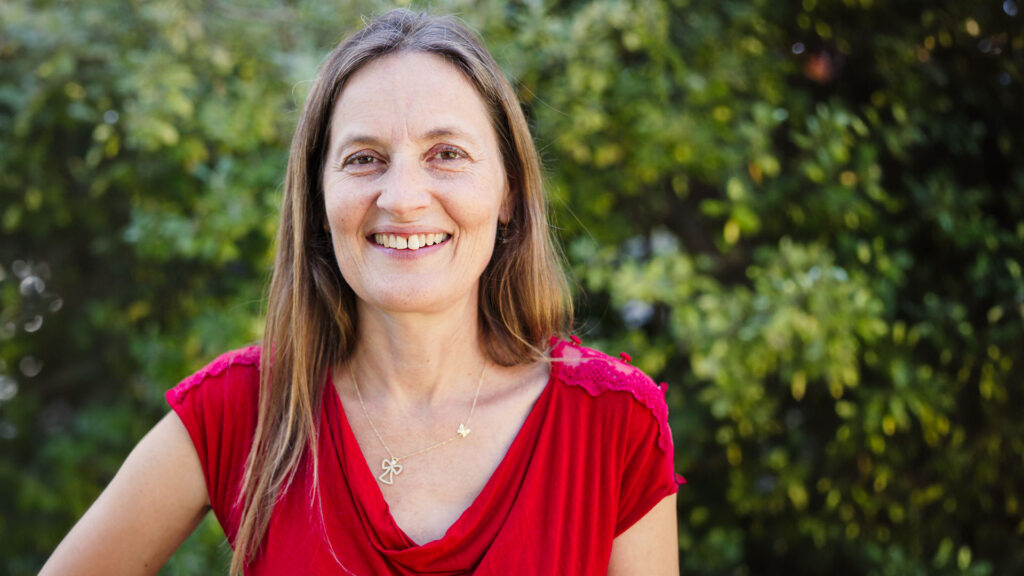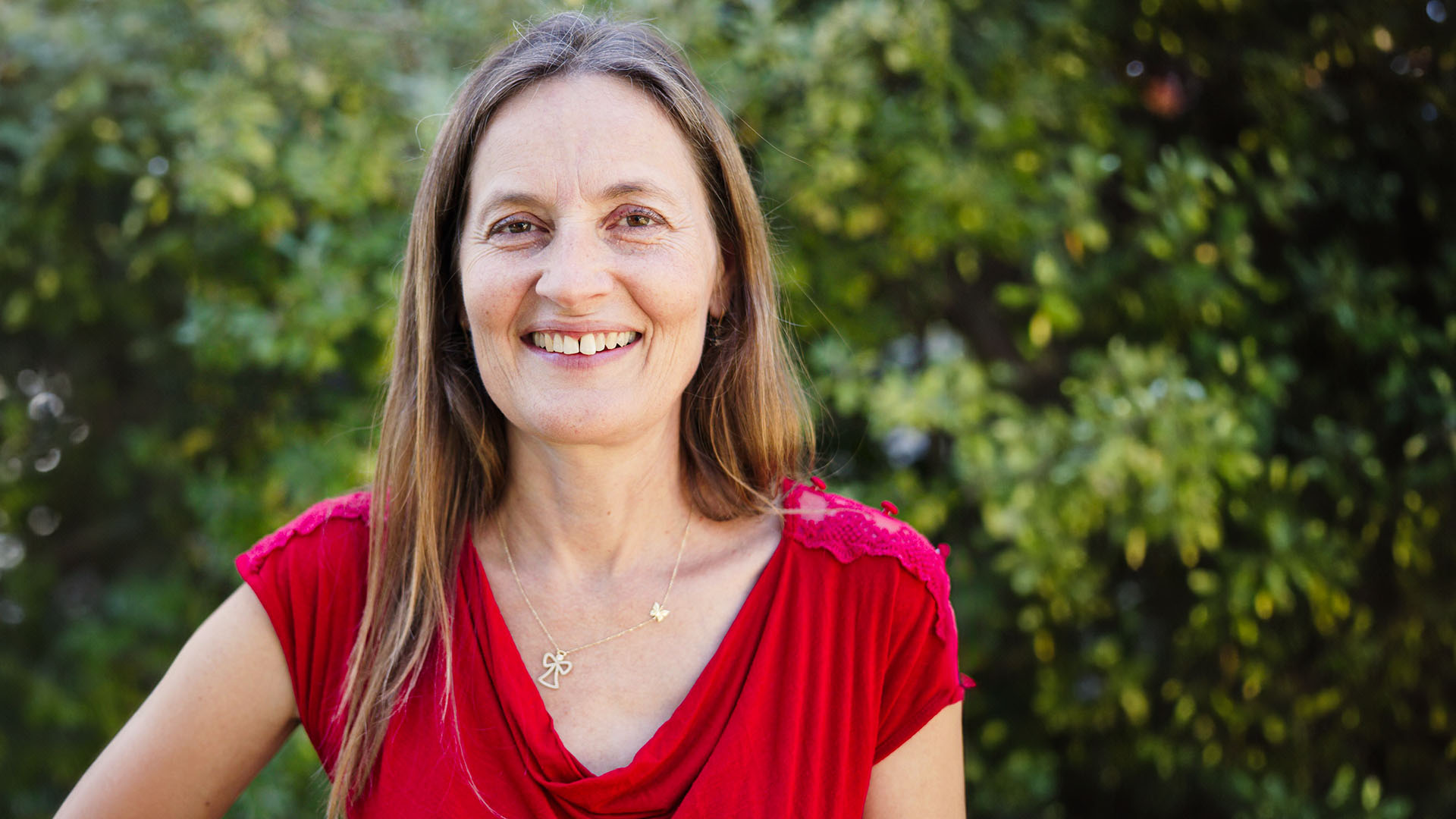
SRI’s Fiona Baker digs deep into how technology and peaceful behavior practices can help calm sleep during menopause.
Fiona Baker, Director of SRI’s Center for Health Sciences, is a leading sleep expert, especially in the field of women’s health and menopause. Below, Baker shares some of her insights into her findings on women’s health, sleep technology, and how women in menopause can get better rest:
On her research …
“My world of research is sleep, everything and anything sleep. Here at SRI, we have a human sleep research lab where we do a myriad of studies trying to understand sleep. We strive to answer important questions that are meaningful and make a difference in people’s lives. And within this context of women’s health and specifically at midlife, we focus our research on understanding the potential causes of sleep disruption and what we can do about it.”
On menopause research …
“I’ve spent many years looking at links between sleep and the menstrual cycle in younger women, especially considering the disruptive effects of problems, like menstrual pain. I was struck by the fact that many women are reporting that their sleep is more disturbed as they age and hit perimenopause yet the research just a short decade ago was contradictory and confusing as to what were the factors that might disrupt sleep and what could be done about it. That puzzled me. I set out to understand more.
When I started to focus on what is unique about menopause, I quickly understood that hormonal changes are at the center – and these changes are accompanied by the advent of hot flashes.
Hot flashes can occur across the day and night, often resulting in a lack of sleep. We are measuring the hot flashes and we see that there’s a very close association between hot flashes and waking up. About 65 to 70 percent of the time, when an individual has hot flashes, they will wake up – probably cycling from being too hot to too cold. It’s difficult for them to go back to sleep.”
On virtual reality and finding solutions to sleep challenges …
“We strive to answer meaningful questions that make a difference in people’s lives. And within this context of women’s health, we are focusing our research on the potential causes of sleep disruption and what can we do about it. SRI has developed a device that combines visual virtual reality using goggles and audio of relaxation scenarios paired with slow paced breathing to relax women mentally and physically before they go to sleep.
With this audio-visual relaxation experience, women can imagine themselves walking along a beach, through a forest, or in a meadow. As they progress through this virtual reality, they begin to breath slowly and deeply, and their mind is distracted and their body is relaxed, so they can fall asleep. With this practice, we found that midlife women had a less disturbed sleep and felt better the next morning.
Although women’s health is getting more attention, there are many gaps in our understanding, including about the potential role that sleep can play in improving health and quality of life in women. We’re always looking to find new ways to advance research and discovery around menopause and women’s health so that we can make a positive impact on women’s lives.”



